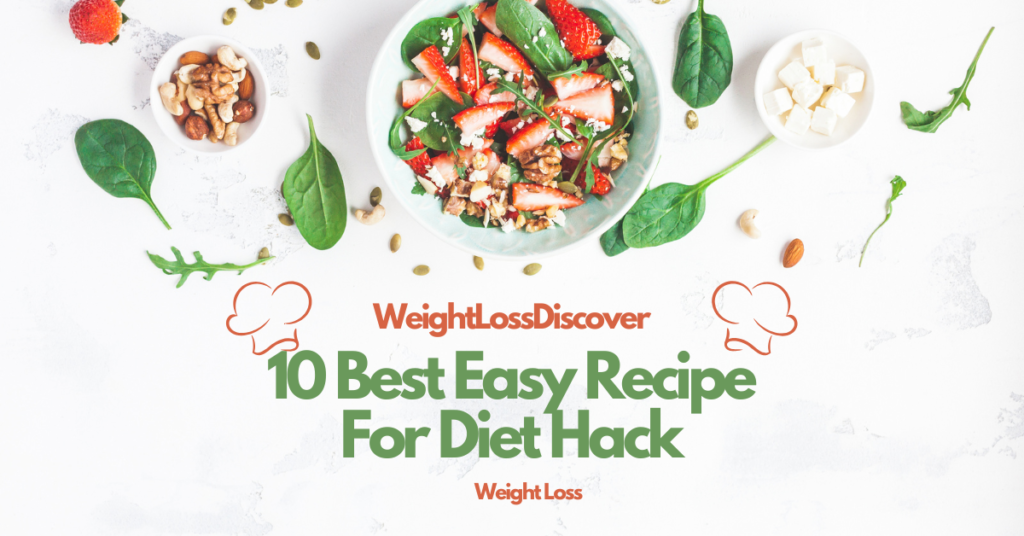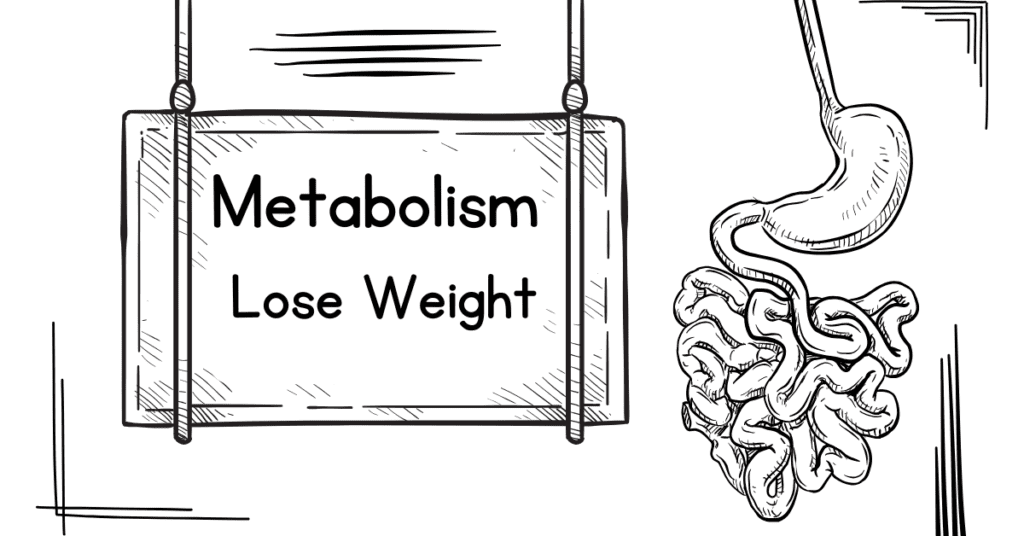Understand Logic:
Users on the Internet provide a variety of tips and fast solutions to all problems related to losing weight. Question whatever you read in the media or press. A lot of approaches to weight loss widely suggested fail to work effectively in the real world. By reading through the guide, you learn the 10 biggest misconceptions about weight loss that can help you manage your weight easily.
Myth 1:Many people believe that carbs should be avoided.
In reality: Most refined carbohydrate foods (that are processed to remove the bran and germ) do not provide vitamins, minerals or fiber. If you eat white bread and sweets, as well as refined carbs, you gain weight, yet complex carbs help you lose weight by keeping you full for a longer period.
A recent study in The Journal of Nutrition found that those who consumed more whole grains had lower levels of body fat and measured less around the middle. Charred steak or grilled chicken?
Myth 2:Many people believe that it’s possible to lose fat from certain areas.
The Fact: You cannot reducing fat in a certain part by doing exercises for that area. Since fat burns everywhere in the body when you create a calorie shortage, only eating healthy can make your abs more defined. Fat reduction and an increase in cardio intensity can be reached by eating a balanced diet, doing regular exercises and continuing to train your muscles.
ACE explains that fat can be eliminated generally from the whole body and not just one spot at a time. If you do three to five strength and aerobic sessions per week, you will increase your rate of burning fat and lose weight from your entire body.
Myth 3: Not Eating for a While Will Assist You in Losing Weigh Fast
In reality, eating your daily meals during the day slows your metabolism, whereas eating late leads to worse results for your weight loss. Frequent consumption of balanced meals will make you feel full and avoid changes in your blood sugar.
Results from a study in Obesity (2015) found that people who ate similar portions of food, regardless of the time of day, had improved sensitivity to insulin and a lower BMI than those who missed meals. Sometimes, skipping meals causes you to eat too much later and gradually decreases your metabolism.
Myth 4: Fad Diets Are the Easiest Way to Lose Weight
In truth, a detox and ultra low-calorie meals help lose weight in the short term, but they can be dangerous and you may put on weight again. You are likely to gain back the weight you drop from fad diets.
The Academy of Nutrition and Dietetics refers to the professional organization responsible for dietetics. urges people to avoid diets that advise not to eat some food groups. Following these diets usually makes people lacking certain vitamins and minerals, as well as slow their metabolism. Rather, people should consider meals that are served in proper amounts and are high in nutrients.
Myth 5:Eating dinner late at night will make you gain weight.
In reality, our health depends on whether we are burning more calories than we are taking in each day. Adding a few snacks late at night will not cause your weight to increase, as stretching your calorie intake is crucial. Having something to eat in the evening is alright if you don’t eat chips late at night.
Results from the Nutrients Journal (2019) indicate that daily calorie and food quality and not meal time, affect weight. Dinner naturally will not lead to weight gain if it is not heavy on calories.
Myth 6:Some people believe Myth 6: All Calories Are Equal.
It turns out that good meals supply energy for a long time, while biting into something rich in sugar only satisfies us for a short period. It is better to eat good quality-calorie foods than to eat far fewer calories for losing weight.
The calorie content in vegetables, lean proteins and whole grains differs in how it influences our feelings of being full, our digestion and our metabolism than food processed by machines. Based on the Harvard School of Public Health, including nutrient-dense foods in your diet balances your hormones and reduces your desire to eat more.
Myth 7:People think that to lose weight, you have to exercise many hours each day.
Truthfully, quantitative exercise is good, but those who do it better are even better. Performing cardio and strength exercises at the same time will provide the best exercise routine suited for your lifestyle. Always stay on your chosen goal or find another you love and you can continue to exercise.
CDC suggests you engage in at least 150 minutes of physical activity per week. Consistency rather than the amount of time matters in the process. If you walk for 20 minutes each day and exercise your muscles twice a week, your weight and metabolism will improve in the long run.
Myth 8:Some believe that taking in plenty of diet drinks helps with weight reduction.
Low-fat foods and diet sodas that are made using chemicals typically make a person feel more hungry. Choose water and tea flavored with herbs or fruit since these are healthy and contain little to no sugar.
Recent research in Frontiers in Nutrition has found that for some individuals, artificial sweeteners can change gut bacteria and increase their desire for sugary foods. You can get hydrated by drinking lemon water or green tea, as they do not cause urges to eat.
Myth 9: To Lose Weight, You need Supplements
Most of these weight loss supplements do nothing and they often prove to be a waste of money. While vitamins and minerals complete some dietary needs, they still do not provide all the benefits of a healthy diet. When you eat enough of the right natural foods, there is no need for supplements for losing weight.
Although most weight loss supplements need further testing, insufficient magnesium or vitamin D in the body can be linked to metabolism changes. The National Institutes of Health (NIH) state that taking nutritional supplements should be advised by a professional if your regular diet is lacking.
Myth 10: Losing weight is all about using willpower
While you are committed, the combination of hormones and other weight-related features such as genetics and the environment, can change your weight despite your best efforts. It is not enough to say the answer comes from one’s hard work. Stable and lasting achievements result from planning, having adequate support to succeed and making gradual changes over time.
Evidence from The Obesity Society points out that a person’s body weight is affected by the variety of microorganisms in the gut, their family history and financial or social circumstances. To lose weight healthily, you must work on several aspects in addition to discipline.
Really Works:
Try eating Whole Foods that include high-protein, low-fat dishes, fresh fruits, veggies and whole grains.
- Making gradual changes over a period of time leads to strong adopted habits. Try to adopt routines that are easy to follow, rather than unusual rules about eating.
- Having the perfect amount of protein, fiber and fats at dinner will fulfill your hunger.
- We must sleep enough to let our hormones do their job in regulating hunger.
- Watering yourself is a smart idea as it promotes good digestion, reduces stomach bloating and is healthy for you.
Real Experience:
Upon starting my weight-loss journey, I believed all the famous weight-loss myths and cut out my carbs while restraining my eating and exercising a lot. Because my body was using too much energy, I always felt hungry until I chose to quit. I managed to lose weight by eating healthily, keeping myself hydrated, sleeping well and exercising for fun. Every morning, I had oatmeal mixed with fruit and also stopped being afraid of evening snacks. Dropping weight was something that came with time and I didn’t experience difficult emotions. In the end, the main thing I learned was Rather than trying to take charge of your way of life, become more comfortable by forming new habits that fit your life.
Examples of books for further study are listed below.
- CDC focuses on Healthy Weight.
- Harvard Health Publishing focuses on nutrition.
- NIH Office of Dietary Supplements is a government agency dedicated to dietary supplements.
- Academy of Nutrition and Dietetics
Conclusion:
Uncovering real ways to lose weight is the main thing that can help you navigate the problematic weight loss myths and achievements. A healthier lifestyle can ensure results and sustained good health over the long run.
Be aware that this article does not provide a substitute for medical advice. You should always speak to a doctor or healthcare professional before deciding on your health care plan.




Pingback: Science of Sleep and Weight Loss: How Better Rest Boosts Fat Loss - weightlossdiscover.com
Pingback: Lose Weight With Plant-Based Diet: 7 Tips for Success - weightlossdiscover.com
Pingback: Why Water Essential for Weight Loss & How to Stay Hydrated - weightlossdiscover.com